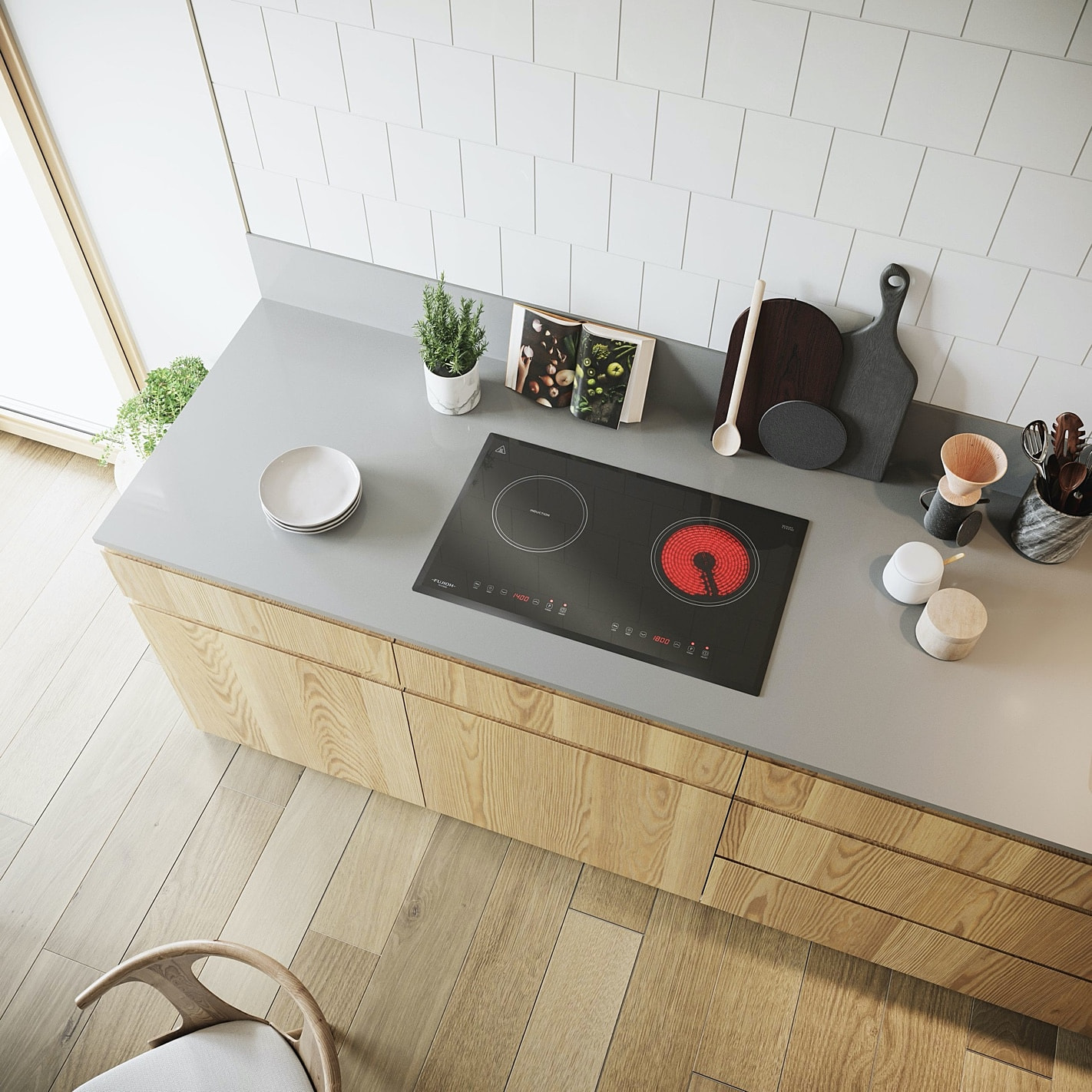
Featured product: FUJIOH Hybrid Hob FH-IC6020
Induction hobs are perfect for the minimalists who want a quick meal and easy clean-up. But it has certain limitations whereby you can only use certain cookware to cook on it. If you find yourself torn between ceramic and induction hobs, why not choose a two-in-one hybrid hob?
In this article, you will learn about the different features of induction and ceramic hobs as well as the type of cookware suitable for both types of cooking hobs.
You already know that an induction hob is a cooking appliance that heats up the pan and not the cooktop. The induction hob produces heat by electromagnetic induction. This makes it different from a ceramic hob because it heats up the cookware rather than the cooktop.
From here, the main difference between induction and ceramic hobs would be how the heat to the cookware is transmitted. But that’s not all. Here are some features that make the two hobs different.
While the two cooking hobs use electricity to generate heat, an induction hob uses electromagnetic waves to heat up the cookware. It also heats up the cookware much faster than a gas hob or even a traditional electric hob.
In comparison, ceramic hobs have the advantage of using less electricity thanks to the heating elements under the tempered ceramic glass that heats up electronically. They then heat up the ceramic glass surface which consequently heats up the cookware.
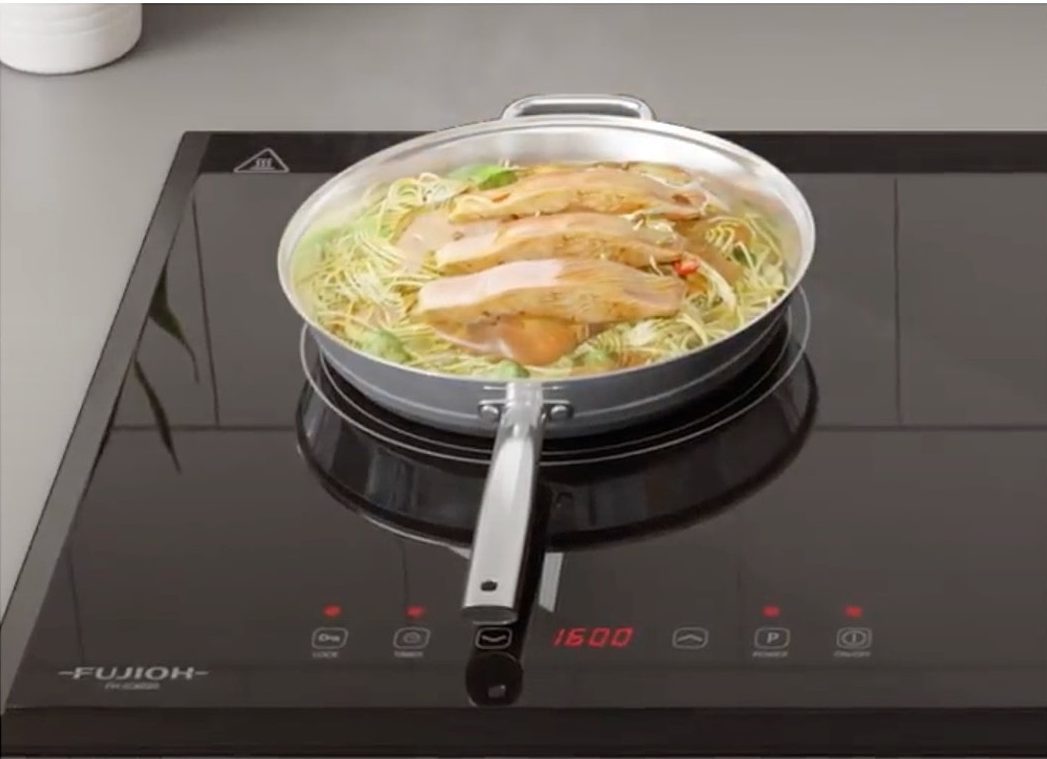
Featured product: FUJIOH Hybrid Hob FH-IC6020
There is more heat loss when it comes to ceramic hobs because heat is transferred from the ceramic glass to the surface of the cookware. This leaves residual heat on the ceramic hob for a much longer time.
Comparatively, an induction hob is more energy-efficient because it only heats up the cookware when it detects a suitable one. This means that there is less heat loss, resulting in better energy efficiency as the hob stays cool.
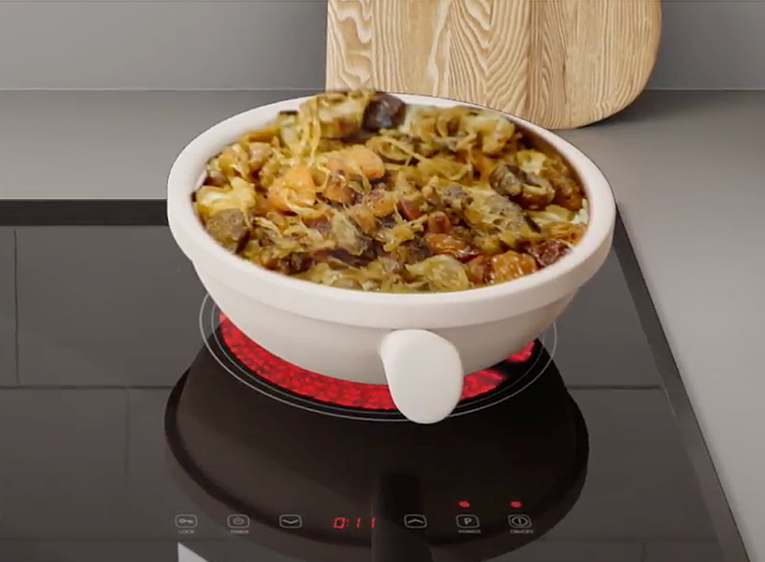
Featured product: FUJIOH Hybrid Hob FH-IC6020
Modern induction and ceramic hobs have a wide range of safety features that reduce the risk of injury to users. An induction hob, for instance, will not heat up unless a suitable cookware is placed on the cooking zone. Only then, the heat transmission begins.
Meanwhile, ceramic hobs tend to retain up to four or five times more heat after cooking. Fortunately, many models today come with a residual heat indicator so that users know which zones are safe to touch and clean after cooking.
Like most gas hobs, ceramic hobs work with any type of cookware – glass, clay pot, ceramic, stainless steel, etc. They also work best with flat-bottomed cookware as it increases the amount of contact with the heated surface.
Induction hobs, on the other hand, only work with specific kinds of cookware such as cast iron or magnetic stainless steel. These cookwares typically last much longer than a regular non-stick pan.
This is a common issue faced by many; however, you can make your decision based on the features highlighted above. Is it going to be an induction hob or a ceramic hob? Alternatively, you can choose for FUJIOH Hybrid Hob FH-IC6020 to enjoy the best of both cooking appliances.
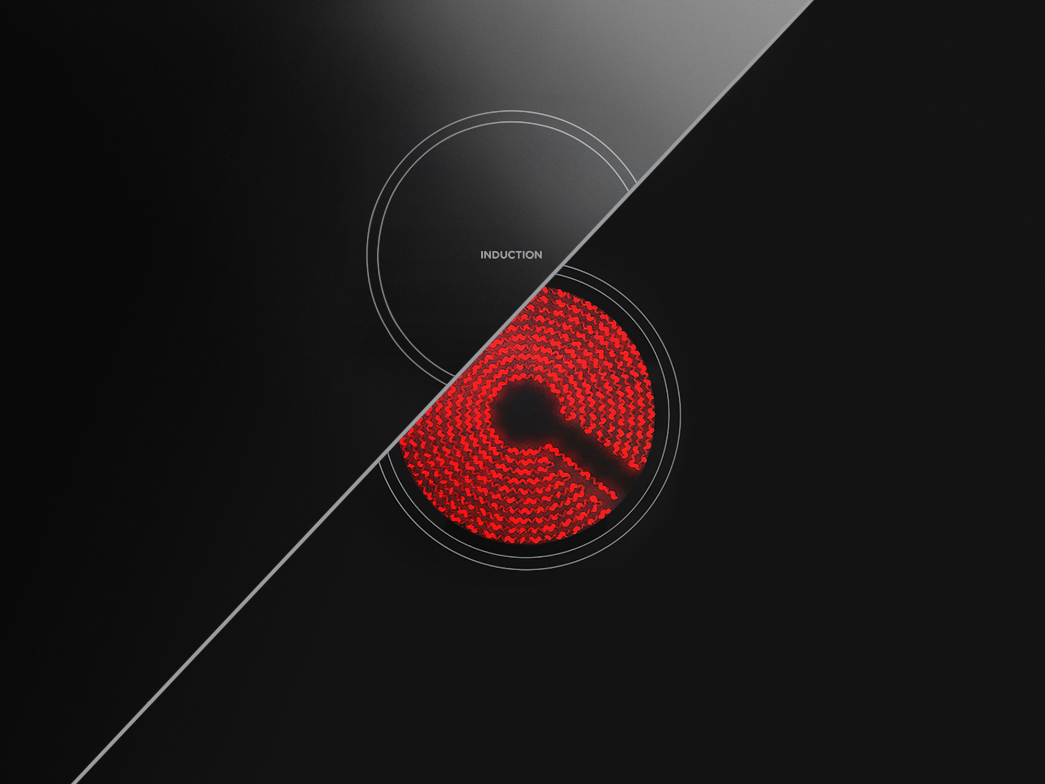
Featured product: FUJIOH Hybrid Hob FH-IC6020
It has both an induction and a ceramic plate, allowing you to use either one to cook your food. It also has 9 heating power settings that allow users to select the heating level while cooking. Plus, a pan sensor, residual heat indicator, child safety lock, auto switch off, timer, and touch control for ease of use.
This hybrid hob has both a bevelled edge and SCHOTT CERAN ceramic glass that enhances the ultimate statement of style in your kitchen while keeping cleaning a breeze after every use. You only need to wipe them down using a microfiber cloth, but cleaning is only possible when the surfaces have cooled down after use.
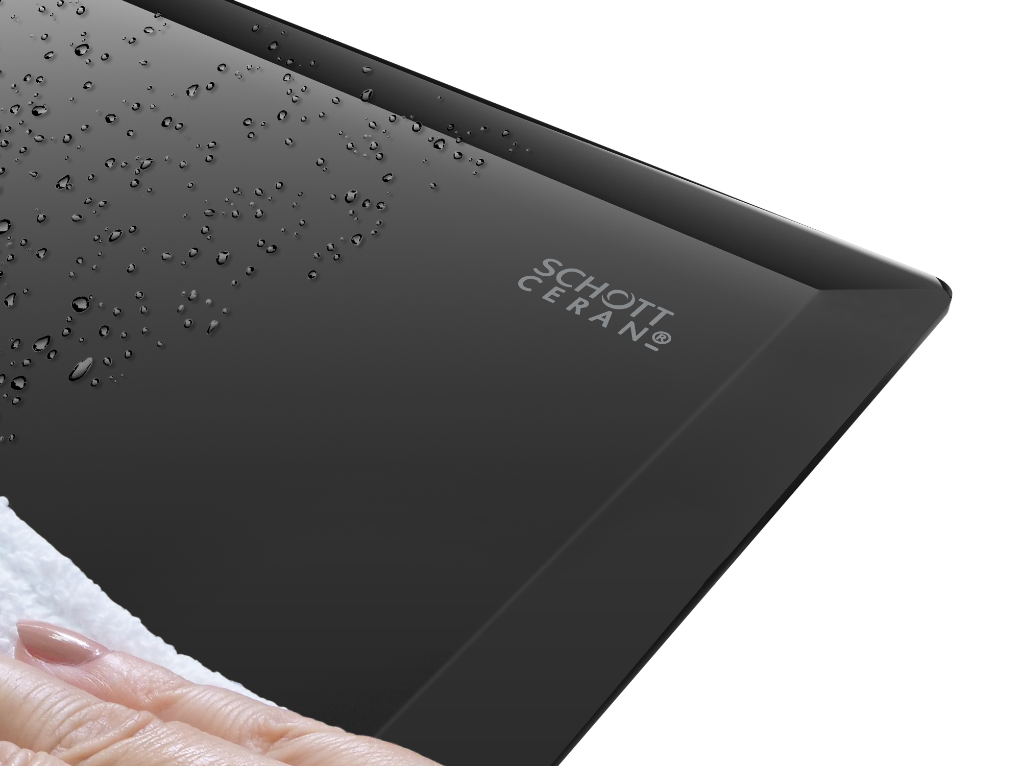
Featured product: FUJIOH Hybrid Hob FH-IC6020
So, there you have it; the differences between induction and ceramic hobs as well as how you can have the best of both worlds with a hybrid hob. Should you require more information on our cooking hobs, get in touch with us at FUJIOH Malaysia or email enquiry@fujioh.my